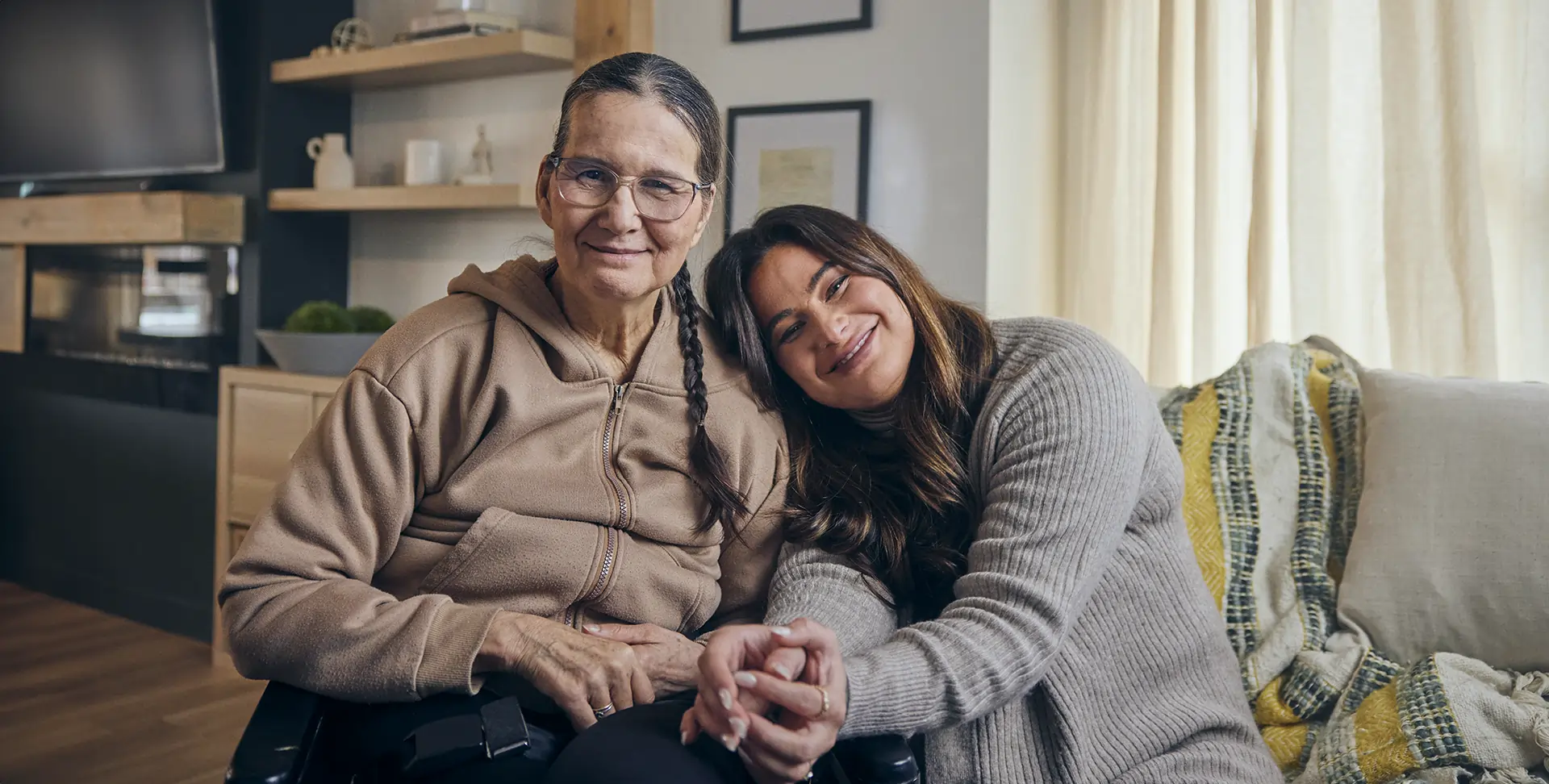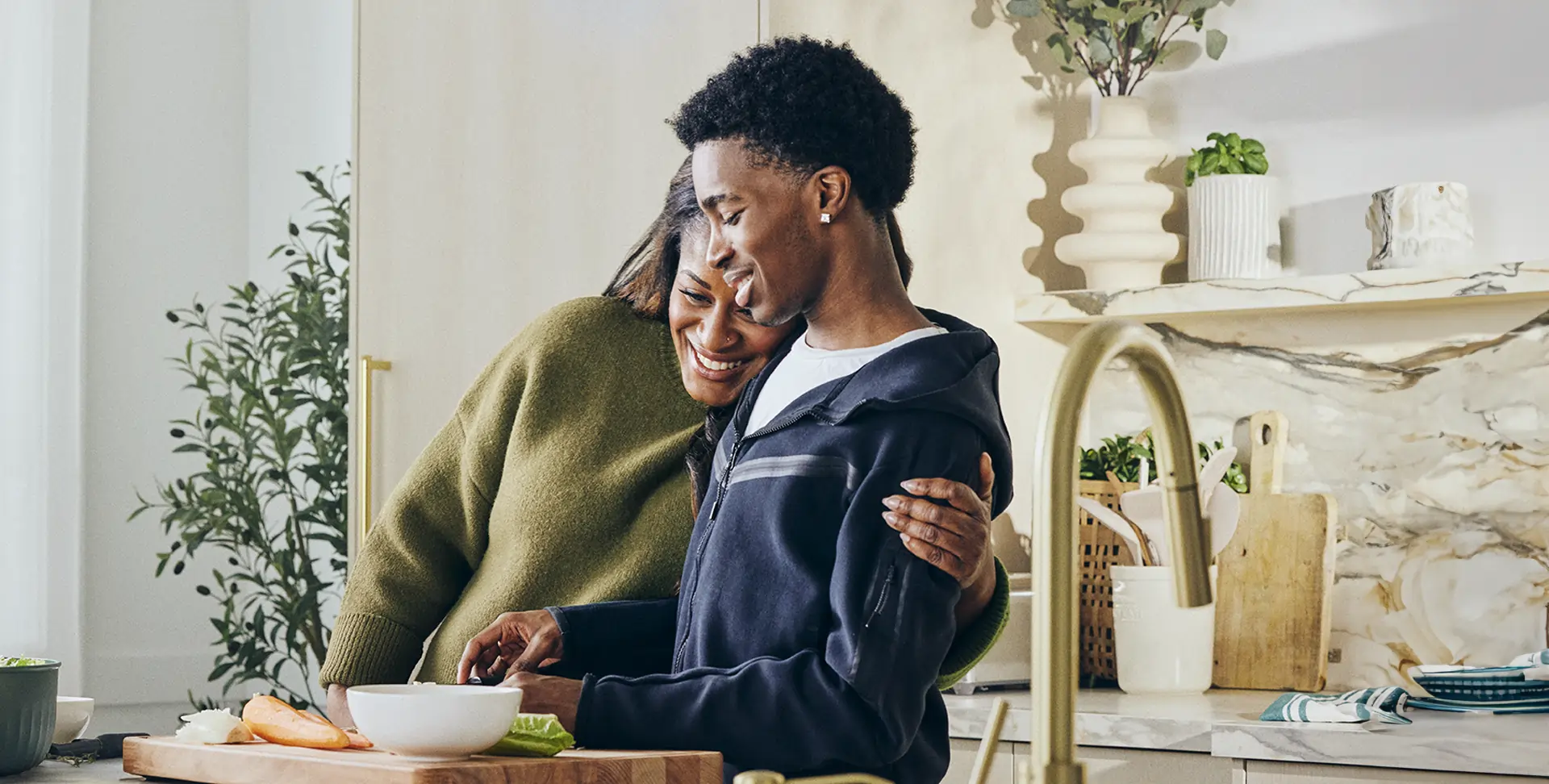
A high-risk inheritance
Carissa’s diagnosis in pregnancy signaled a bigger issue – one that she’d later take control of, with her family’s support
Chapter 1 A bewildering diagnosis
Carissa was pregnant at 18. And apart from the stressors that can overwhelm young mothers, she felt physically strong and capable. But between 25 and 27 weeks, she was diagnosed with preeclampsia. “I didn’t even think to Google it at the time,” she says. “It felt more like an inconvenience than something to fear.” So, she went on working two jobs and focusing on her career path.
Following a routine checkup with her OB at 30 weeks Carissa was hospitalized for seven days because her blood pressure was extremely high. She felt confused, not knowing what this meant for her or her baby. She remembers hearing that she was “peeing too many amino acids,” which sounded like gibberish to her.
Carissa’s preeclampsia was monitored the rest of her pregnancy, but at 37 weeks, she was induced due to a high-risk pregnancy. She spent two days in labour only to deliver via emergency cesarean. “My baby's head was swelling,” Carissa recalls. That’s when fear crept in.
Immediately after her son Jayden was born, Carissa was hospitalized for another week. Risk of organ failure and stroke were mentioned for the first time. “Only during and shortly after my birth did the gravity of that diagnosis really hit me.” She wondered if high blood pressure had bigger implications – something that could come back to haunt her.
Chapter 2 “What risk factors?”
Reflecting on that turbulent time in her life, Carissa was hit with the realization that she was left to decode and decipher a serious condition alone. Being so young at the time of her diagnosis, she could not have known what questions to ask or how to advocate for herself. Especially at a time when she was more concerned with her baby’s future. Instead of outlining her unique risk factors or how to live with her condition, she was told the bare minimum and discharged. “This happens much more to women,” she says. “Even more so to women of colour.”
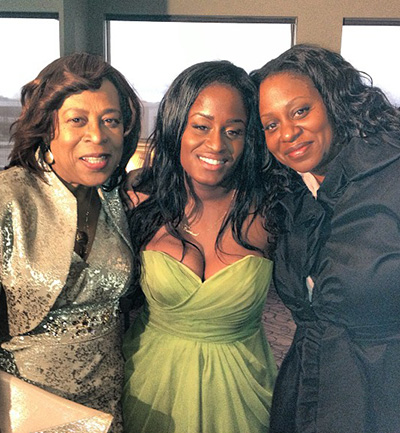
Carissa with her mother, Paula, and grandmother, Hester. Family support was a vital part of Carissa’s recovery.
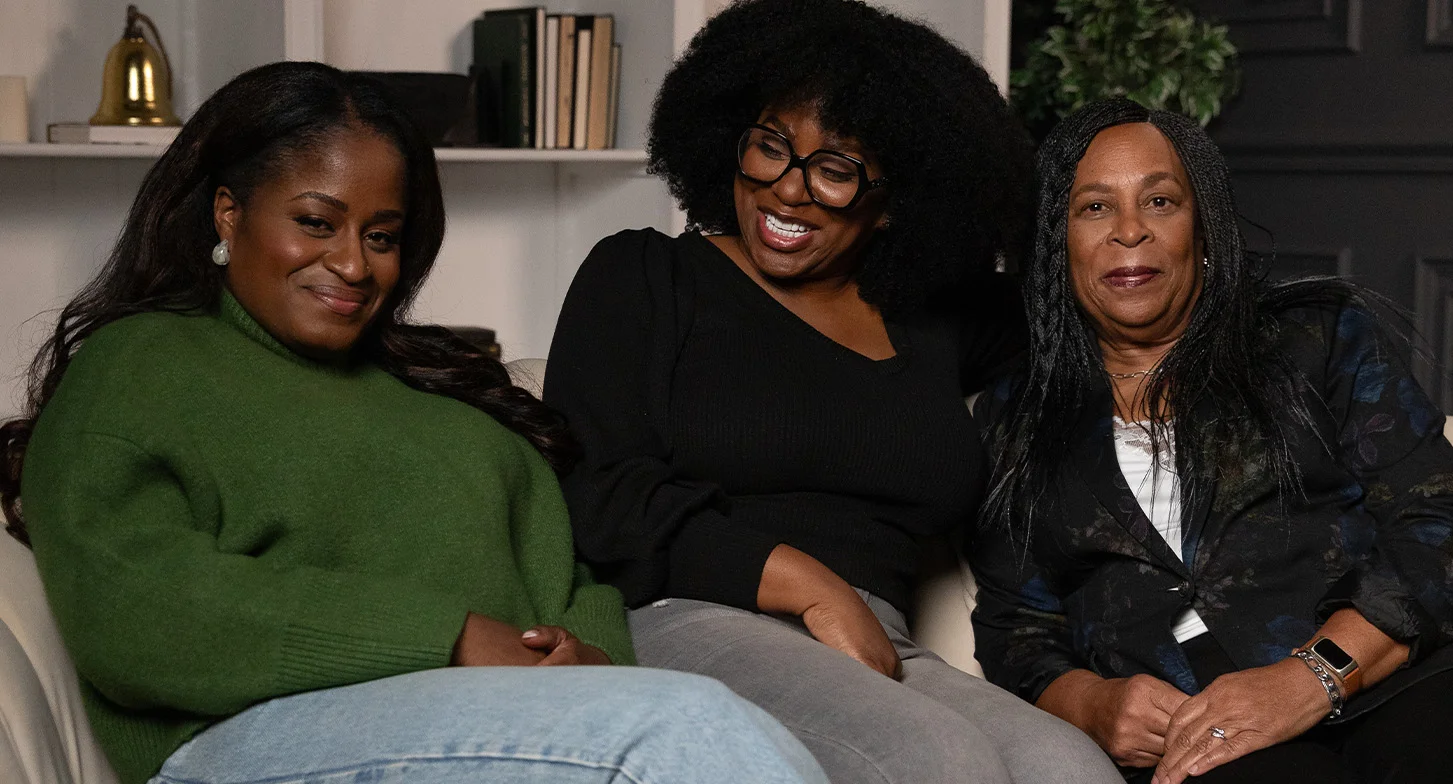
High blood pressure hurt Carissa’s family for generations, but they’re fighting back — together.
Systemic anti-Black racism is another layer of stress that Black women are up against, in addition to everything else: the responsibility of motherhood, pay inequity, unique stereotypes like the “strong and angry Black woman trope”, battling imposter syndrome and being consistently overlooked for opportunities for advancement, the list goes on. It adds to stress levels, making a preexisting condition like high blood pressure more likely to strike. Among ethnic communities, Black women have had the most drastic increase in high blood pressure, increasing from 20% in 2001 to 27% in 2012.
Carissa’s mother was diagnosed with hypertension at 50. Following a family trip in the summer of 2023, she had contracted a virus which drained her energy, making it hard for her to walk through the airport. Her blood pressure read 210/130 - signaling a hypertensive crisis - and was taken straight to ER. “It was beyond scary watching that happen,” Carissa says.
Carissa is second generation Canadian, her grandmother immigrated from St. Lucia as a young mother at 20. Systemic anti-Black racism posed barriers, while raising her 4 children to provide them a better future. Her grandmother was diagnosed with HBP at age 39. “My mom and grandma and I often talk about the life stressors that have led to an earlier onset of HPB. “We all have at-home blood pressure monitors now and make sure to lead healthy lifestyles by using holistic approaches to wellness".
Chapter 3 Reclaiming her health
At 33, Carissa’s blood pressure became elevated again and she was officially diagnosed with hypertension, along with asthma and sleep apnea. This time, knowing that her mom and grandma were dealing with high blood pressure as well, she took steps to control it – including losing 80 pounds.
“I decided to claim what aspects I had power over. I was checking my blood pressure periodically. I started eating healthier, moving more, managing my stress.” Her efforts meant her sleep apnea and asthma disappeared, but she’s still staying on top of her blood pressure, because she knows it’s a risk. “I’d love to ignore it, but I can’t. It’s my reality.”
Watch Carissa and the women in her family talk about their shared risks and diagnoses.
“What happened to my mother just reiterates why I’m trying to take control of my health. I’m hyper aware of what I’m doing and consuming. I’m still young. I like to think I have years ahead of me.”
Now, with a healthy lifestyle and managing stress, she knows that she’ll eventually have to go on high blood pressure medication. But not yet. “I’m too young to be on medication the rest of my life.”
One thing she wants other women to know: “It’s not a one-off thing to happen just when you’re pregnant. You have to be conscious of it afterwards. Once you’re diagnosed, you’ll have to monitor it for the rest of your life.”
Carissa and her now 18-year-old son, Jayden, live in her hometown in Ottawa, and often visit his grandma (55) and great-grandma (75) in Toronto. Carissa and her family are eager to get the word out to other women about their own unique risk factors – encouraging them to step into their power and claim their best health.
- Learn more about risk factors unique to women
- Get tips to manage high blood pressure
- Learn more about recovering from heart disease
- Our free Risk Screen tool helps you understand and manage your risks for heart disease and stroke.
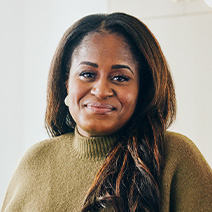
Related stories
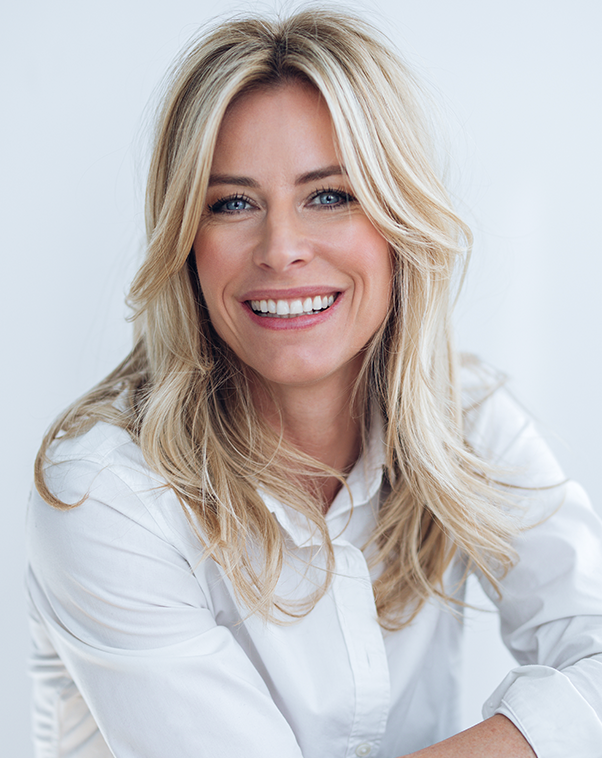
A story dear to my Heart
Julie du Page, actress, blogger and Heart & Stroke ambassador, opens up about her journey with heart disease
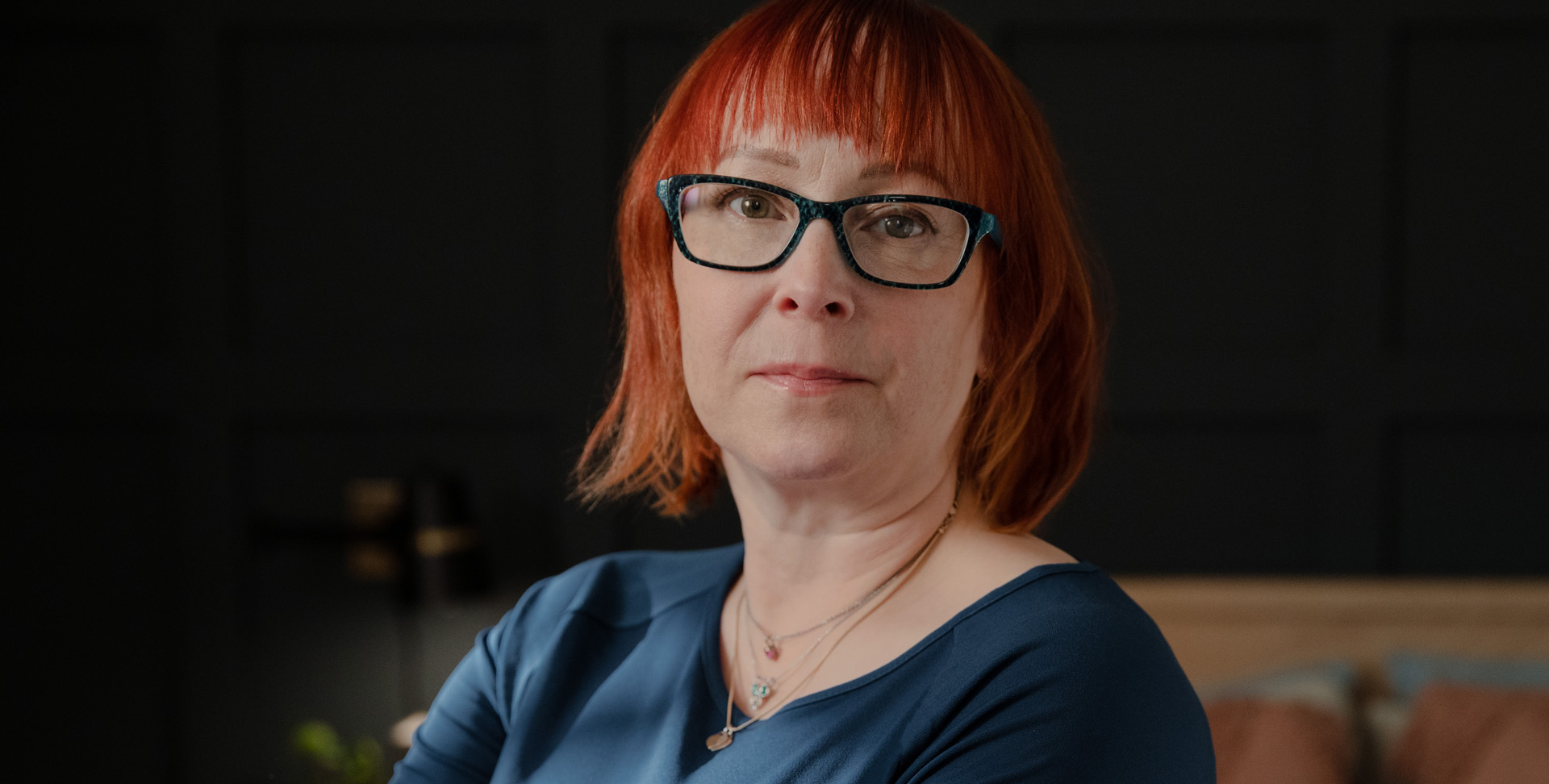
Saving a mother's heart
It was almost too late when Christina learned that pregnancy complications had increased her risk of heart disease
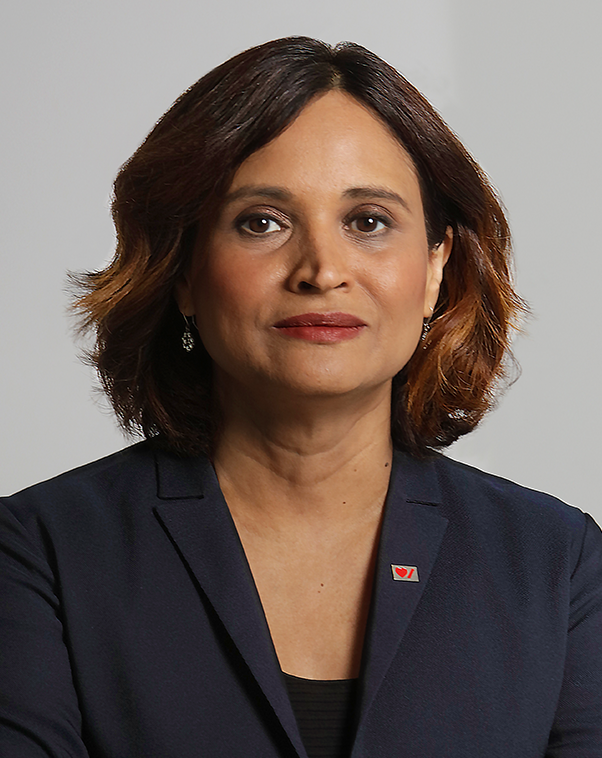
Using data to save more women
Dr. Padma Kaul researches ways to improve diagnosis and treatment of heart disease
